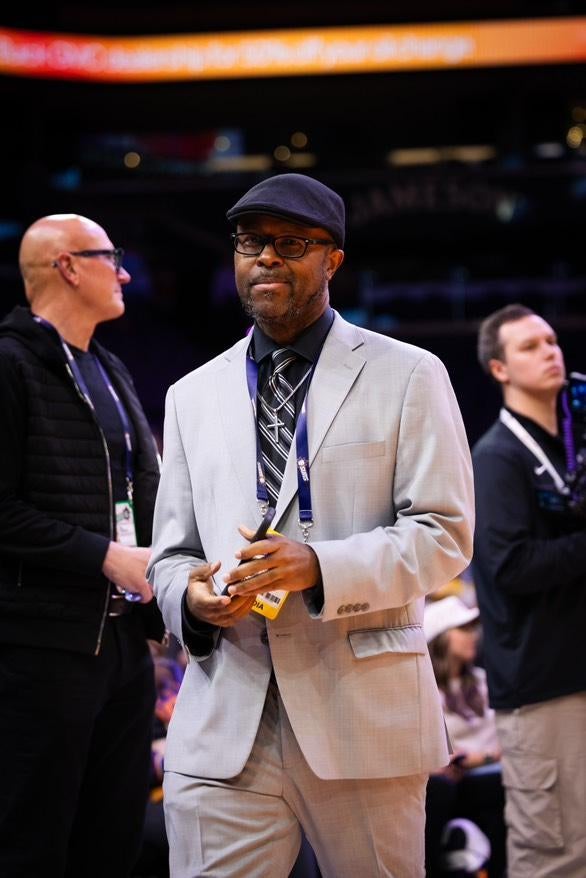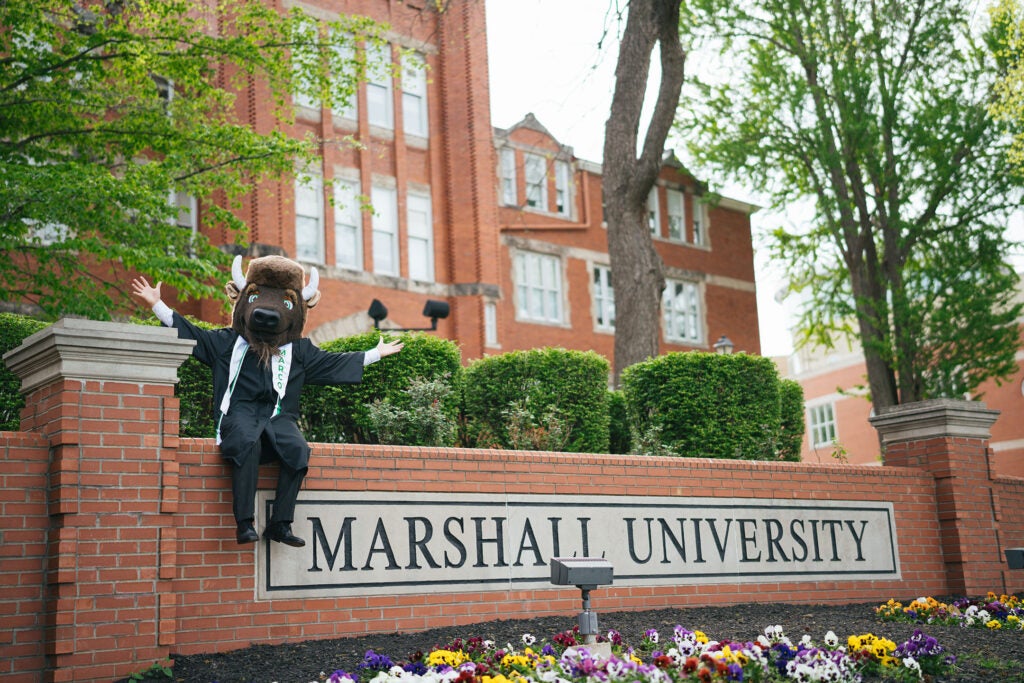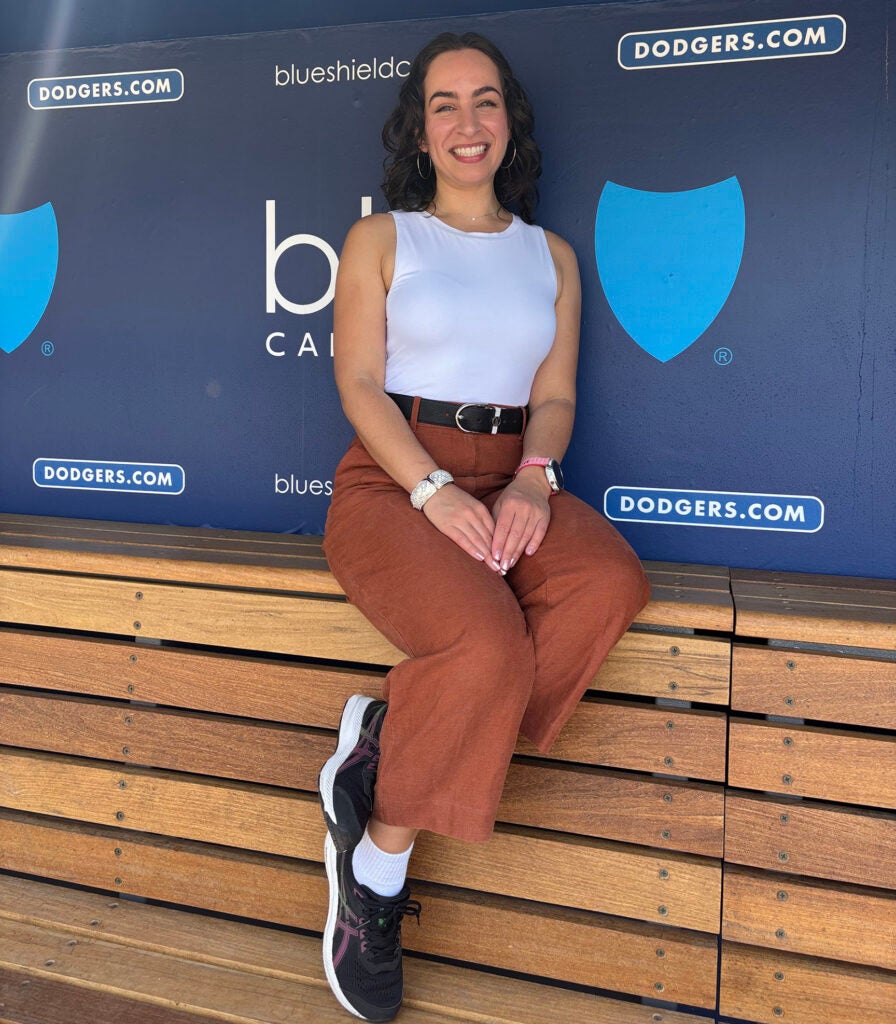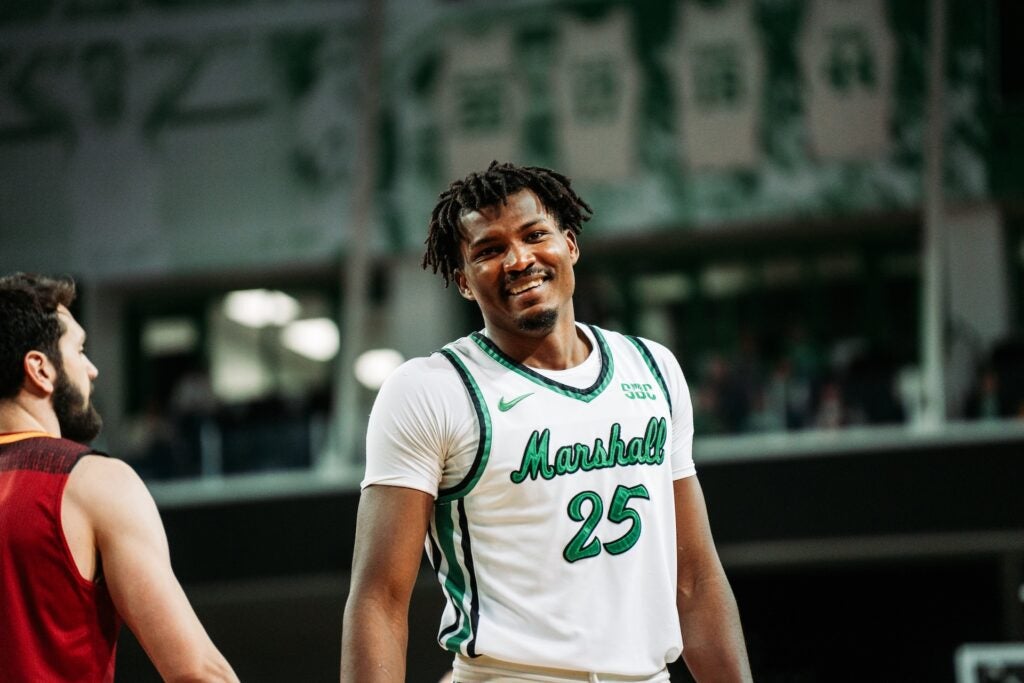As she began teaching, Diener developed more courses in her subject area and what she thought would appeal to her students.
Then, Diener began asking for student input: What do they want to learn about? What area of history interests them?
 “I developed History 218 (Ancient Egypt) especially because of so many student requests, finding a new academic love of my own in the treasures of the Nile,” Diener said.
“I developed History 218 (Ancient Egypt) especially because of so many student requests, finding a new academic love of my own in the treasures of the Nile,” Diener said.
In addition to traditional lectures, Diener engages with her students using a teaching approach dubbed active learning—where students actively participate in the content they learn.
She said parenting her own children impacts her teaching philosophy.
“I am not a parent in the classroom; I am a teacher, but some strategies can work both ways. I always listen to my children, so I have tried to listen to my students more.”
One of those forms of active learning Diener implements is by

offering immersive experiences for her students.
Students in Diener’s courses can expect to recreate an Egyptian perfume or a Viking meat pie.
At the end of each semester, Diener hosts a historic celebration for her elective classes.
To assist with costume-making and teaching her students how to sew, Diener offers extracurricular class sessions.
At the end of the December 2023 semester, Diener hosted a Christmas Tudor feast, straight from the English Renaissance.
“We used only natural light—candles and the fireplace at the venue. For a few moments in the flickering midwinter shadows, students went through the figurative stone circle into a bygone age,” Diener said.
 Based on this, her creative activity, research and much more, Dr. Laura Michele Diener was named the Dr. Charles E. Hedrick Outstanding Faculty awardee for 2023-2024 by the Center for Teaching and Learning (CTL).
Based on this, her creative activity, research and much more, Dr. Laura Michele Diener was named the Dr. Charles E. Hedrick Outstanding Faculty awardee for 2023-2024 by the Center for Teaching and Learning (CTL).
The Hedrick Outstanding Faculty Award is the most prestigious faculty recognition at Marshall University.
“Winning this award truly means the world to me, mainly because my students were part of the evaluation process,” Diener said. “I’m so thrilled to know that they are enjoying what we do in the classroom, and I’m inspired for futures classes.”
The heart of the CTL’s mission is to foster a culture that values inquiry and excellence in support of student learning.
Diener’s award is one of several awarded by the CTL this year. A full listing of additional awardees is available on the CTL’s website.
Diener has also been named the inaugural Charles E. Hedrick Professor of History. She will serve a three-year term, beginning in the 2024 fall semester.
Diener’s Hedrick Professorship will be a multifaceted project exploring the role of the Middle Ages in the modern world.
The professorship includes full support for a graduate student, who will work with Diener in creating a book and accompanying website dedicated to Medieval Scandinavia. 
Diener will also coordinate a series of interactive workshops open to Marshall students, high-school students and other members of the community.
“Medieval history is fascinating, but it is essential for understanding foundational aspects of modern society,” Diener said. “By studying this period, we can gain insights into the origins of political systems, social structures, and religious institutions. Exploring medieval history fosters an appreciation for cultural diversity, as it encompasses a wide range of civilizations and traditions. Moreover, it can stimulate an interest in historical research and analysis, which are valuable skills in many fields, including academia, law and public policy.”





